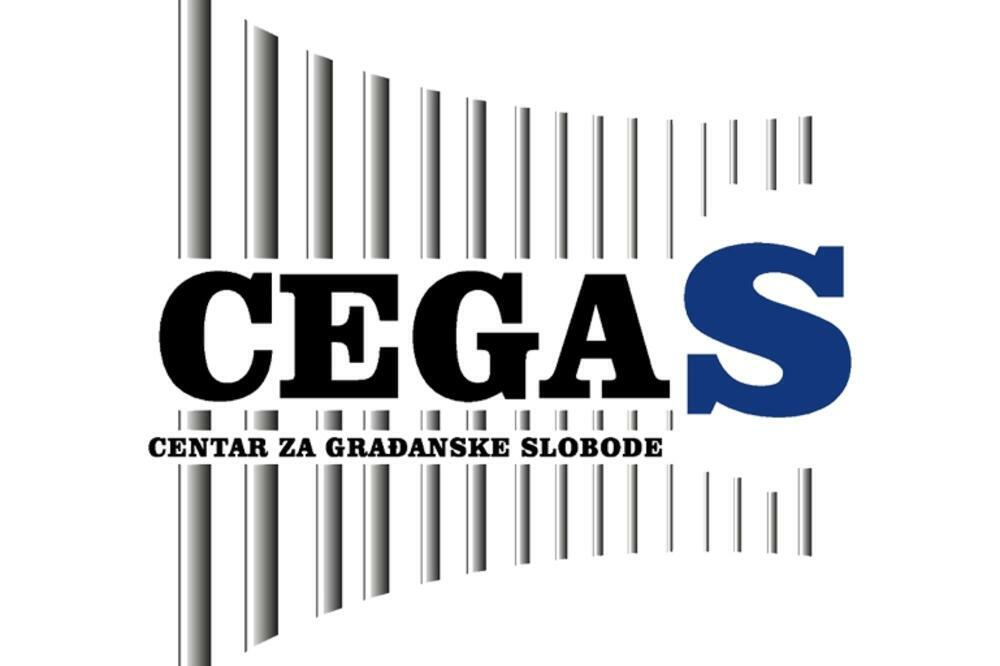The Center for Civil Liberties (CEGAS) in a statement on the results of a survey of 177 state and municipal companies states that it is clear, if public companies are looked at from several aspects, that they are left to their own devices and that the state neither legally nor fundamentally controls what is the state share , i.e. property.
"When we talk about transparency, it is good to note that certain public companies 'feel' they are legally called upon to submit information and data within the legal deadline, acting according to the Law on Free Access to Information, while others respond that they are not under a legal obligation or simply do not respond to the same . We also had cases of rejection due to the ambiguity of the Request, while certain people called the contact phone number due to these ambiguities and thus responded to the Request without a dilemma. Some ask for the costs of the procedure, even those that go below 2 euros, while others do not want to charge the cost, even though it would significantly exceed the minimum figure, set by the Regulation on reimbursement of costs in the procedure for access to information. If we compare transparency in relation to what the Alternative Institute presented on the website https://mojnovac.me/ for the year 2022, where transparency in that period was presented in such a way that 101 companies were completely closed out of a total of 177, today CEGAS's estimate for the year 2024 is similar, if we take into account that 52% of public companies did not respond to the Request for Free Access to Information," the announcement states.
It is surprising, they add, "how small is the number" of public companies that take care of the protection of their employees, in the part of personal data protection, respecting the Personal Data Protection Act, where when providing data from employment contracts and work contracts, temporary and for occasional jobs, in certain cases, there is no anonymization of personal data.
"For some, the Contract on the work with the hygienist is public information, while they consider the Contract with the director and management to be secret, while Rudnik Uglja considers the company's internal documents to be secret information," says CEGAS.
There are also companies, as they said, that do not have any of the requested data in their archives, "so they answered that way".
"Internal acts are also not harmonized in relation to the type of acts that public companies must have, except for the Rulebook on internal organization and systematization, where there are also numerous shortcomings in terms of time, method of adoption and content, especially when we talk about job descriptions and necessary conditions for fulfillment, from certain areas, and from that it is clear in what way and how abuses occur, when numerous employments are involved, whether party or interest", the statement added.
CEGAS also points out that the repeal of the Law on Public Enterprises "leaves an empty space for numerous legal and essential manipulations", from transparency, control, methods of employment, as well as determining the amount of wages, with an emphasis on directors and management. "The Law on Business Enterprises is the only one that binds these companies, which does not protect the state interest, and then the absence of an adequate Law on wages in the public sector leaves the possibility of disorder and inequality in that part as well."
"If we take into account that there are about 1.926 trade union organizations in Montenegro, and in public companies, of those who responded to the request for free access to information, only half of them have collective agreements, concluded between the trade unionists and the employer, it speaks of the insufficient regulation of rights and obligations employees and employers", the announcement concludes.
Bonus video:









